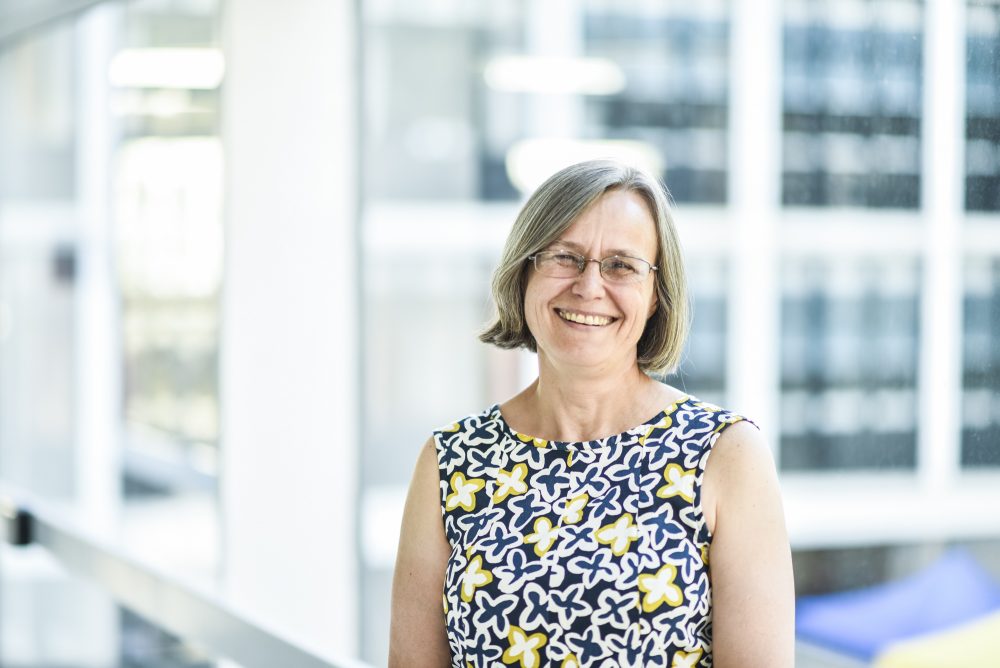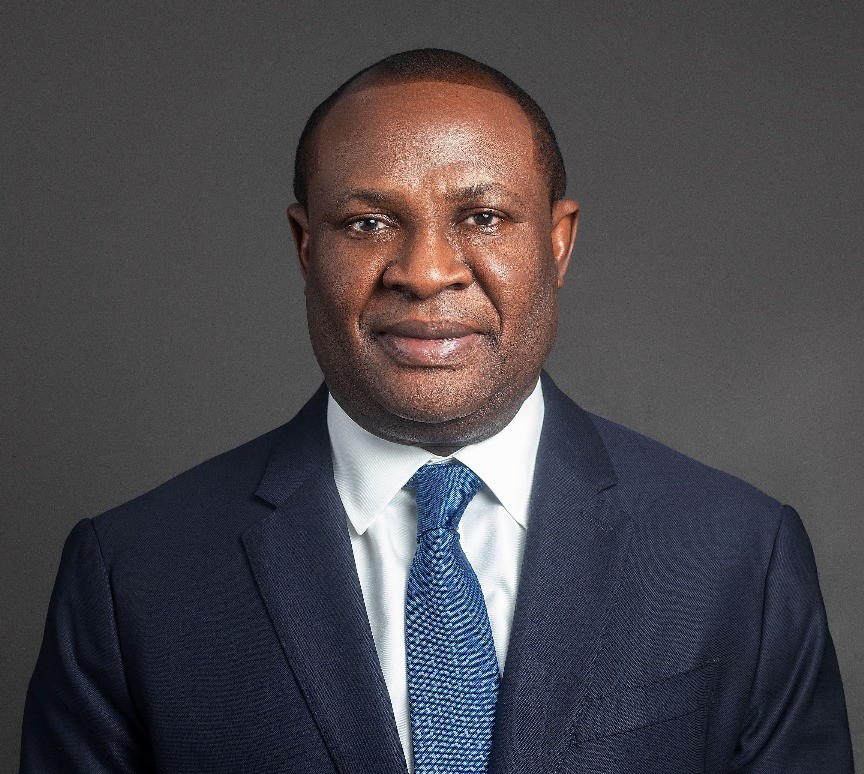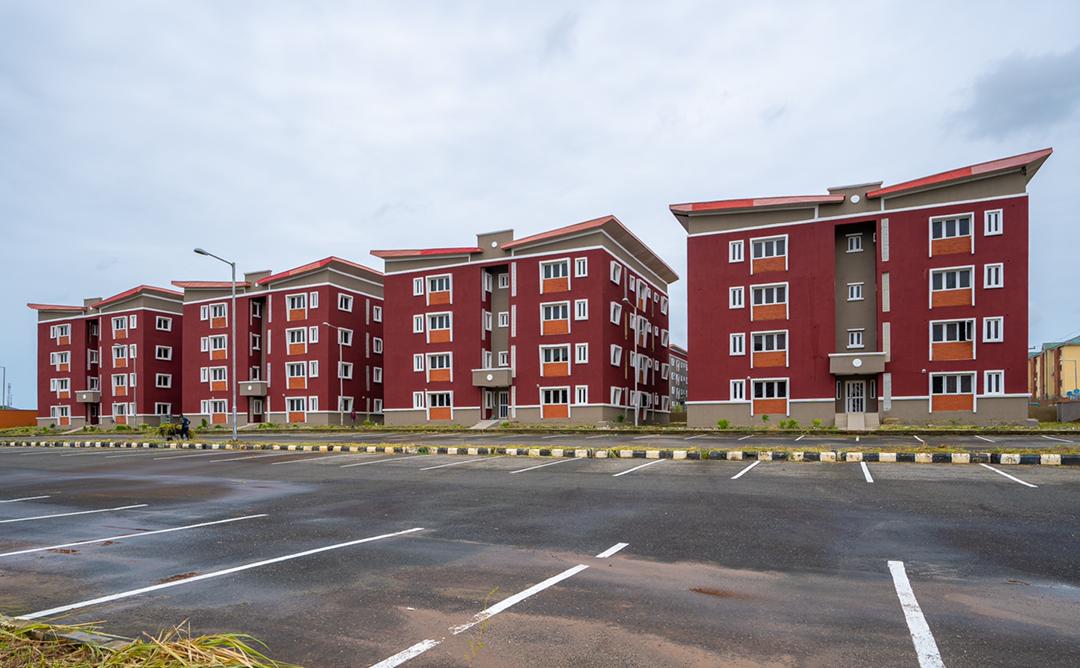The Chief Executive Officer of African Cities Research Consortium (ACRC), Prof. Diana Mitlin, has called for a more inclusive and collaborative approach to city governance in Lagos, urging state authorities, academics, and civil society to work together in designing fiscal reforms that serve all residents, including those in informal settlements.
Speaking during a panel discussion at this year’s international week, themed on Digital Innovation and Property Tax in Lagos, organised by the Faculty of Environmental Sciences, University of Lagos, Mitlin praised the growing commitment among Lagos-based stakeholders, from researchers and policymakers to community leaders, to find solutions that balance revenue generation with equity and service delivery.
“I’m constantly impressed by the desire of people working in Lagos at all levels and in all sectors to draw together new solutions,” she said. “Early-career academics are dedicating their lives to producing useful research, senior scholars are engaging deeply, and even within government and civil society, there is a shared effort to build a city that includes, not excludes, people living in the lowest-income neighbourhoods.”
Citing recent research from the University of Lagos (UNILAG), Mitlin noted that about 17 per cent of Lagos residents live in informal settlements, a figure that underscores the urgency of finding new ways to finance and deliver essential urban services. “There is recognition that the state needs to be more effective in generating revenue from those who are able to pay,” she said, “and in finding new ways to redistribute that revenue to deliver services.”
Her optimism, she explained, lies in the growing dialogue among key actors, urban planners, fiscal policy experts, and local communities to ensure tax systems become instruments for inclusion. “The challenge is to identify how to draw out revenue fairly, how to redistribute it effectively, and how to ensure everyone who pays, whether through property or consumption taxes, is represented in the decisions that shape the city’s future,” Mitlin added.
Mitlin of the University of Manchester emphasised that Lagos stands to benefit from sustained collaboration between local universities and international research networks.
She commended the Centre for Housing and Sustainable Development (CHSD) at the University of Lagos for its longstanding contribution to evidence-based urban policy and its role in developing innovative tools for city planning. “Our partnership builds on years of work already undertaken there. There is deep commitment within the university to advance planning and development in Lagos,” she said.
According to her, the partnership not only strengthens data management and local capacity in urban governance but also contributes to rethinking how Lagos can nurture sustainable development amid rapid population growth and spatial inequality.
Mitlin cautioned that while digital innovation, such as property databases and Geographic Information System (GIS) mapping, offers new tools for managing urban taxes and land records, technology alone cannot resolve the deeper structural and social challenges facing African cities.
“Digital systems are clearly important,” she said. “But the key issue is getting the relationships right between the state and citizens, between government agencies and communities.”
She noted that the Lagos State government can enhance revenue generation by deploying modern tools while fostering open dialogue about what is possible and how everyone can contribute most effectively. “Property tax is not easy,” she observed. “You can use technology to make it more transparent, but success depends on trust and collaboration,” Mitlin added.
Prof. Muyiwa Agunbiade of the Department of Urban and Regional Planning, University of Lagos, called for the integration of the land and property tax systems, the adoption of GIS-based mass valuation, and the strengthening of legal frameworks to enhance revenue generation and transparency in Lagos State.
According to him, only about 30 per cent of properties in Lagos are currently captured in the state’s land registry, while over 70 per cent remain unregistered. He noted that if the government could increase property tax compliance from 15 per cent to 50 per cent, Lagos’ internally generated revenue, which already surpasses that of 21 states combined, would double.
Agunbiade emphasised the need for “digital disruption” in property administration to promote transparency, fairness, innovation, trust, and efficiency in the state’s tax reform process.
Also speaking, the Founding Director of the Centre for Housing and Sustainable Development, University of Lagos, Prof. Timothy Nubi, advocated stronger partnerships between researchers and state authorities to tackle the challenges of rapid urbanisation.
He stressed that the responsibility of housing Nigeria’s projected 400 million population cannot rest solely on the government, adding that the private sector must play a more active role in providing affordable housing.
Lagos State Commissioner for Housing, Mr Moruf Akinderu-Fatai, represented by Mrs Aderonke Adewande, said the government is responding proactively to the city’s dynamic urban economy.
He explained that the growing demand for food, real estate, and infrastructure has intensified housing needs and placed pressure on urban systems, underscoring the need for sustainable revenue generation to support development.
Akinderu-Fatai revealed that the state has embarked on an ambitious digitalisation of property information, integrating technology into urban management. One of the landmark initiatives, he said, is the digital house numbering and addressing system.
“The innovation enhances ease of access to locate property, facilitates efficient service delivery, and forms the backbone for accurate property taxation,” he stated. “When every property is mapped and registered, we can deliver public services more effectively, enhance emergency response times, improve housing quality and urban design, and integrate climate resilience into land use planning.”






